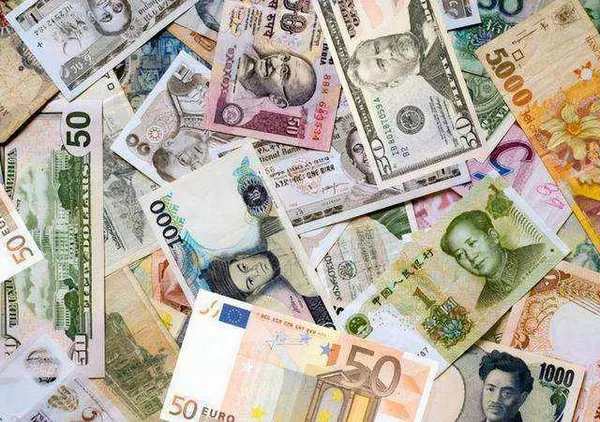The British pound sterling, commonly known as the British pound or GBP, has long been regarded as one of the world’s leading currencies. Renowned for its stability and resilience, the pound has consistently maintained its strength despite numerous economic challenges. This article will explore the key factors contributing to the unprecedented strength of the British pound, shedding light on both historical and contemporary drivers that have shaped its position in global markets.
Historical Context:
1. Colonial Legacy:
The dominance of the British pound can be traced back to the British Empire’s colonial legacy. As a result of extensive global trade and colonization, the pound established itself as a reserve currency, facilitating international transactions and investments.
2. Financial Center Status:
London, with its globally recognized financial institutions such as the Bank of England and the London Stock Exchange, has cemented its position as a leading financial center. This status has bolstered confidence in the pound as a stable and secure currency, attracting investors from around the world.
Economic Factors:
1. Strong Macroeconomic Fundamentals:
The United Kingdom (UK) boasts a robust economy with low inflation, solid GDP growth, and a relatively low unemployment rate. These favorable macroeconomic conditions instill investor confidence in the pound and attract foreign capital, further strengthening the currency.
2. Stability of the UK Banking System:
The stability and reliability of the UK banking system have played a vital role in supporting the strength of the British pound. Stringent regulations, effective supervision, and prudent fiscal policies have helped maintain a sound banking sector, ensuring trust in the currency.
Political Factors:
1. Political Stability:
The UK’s long-standing political stability is another key factor behind the strength of the British pound. The country’s well-established democratic institutions, rule of law, and transparent governance mechanisms create an environment conducive to economic growth and investor confidence.
2. Brexit Impact:
While the process of the UK’s exit from the European Union (EU) created uncertainties, the pound’s strength throughout the Brexit period is a testament to the market’s resilience. The clarity provided by the subsequent trade agreements and the UK government’s commitment to maintaining London’s status as a financial hub have alleviated concerns and boosted confidence in the pound.
Monetary Policy and Central Bank Influence:
1. Independent Monetary Policy:
The Bank of England’s independence in setting monetary policy allows it to respond effectively to economic fluctuations. Its ability to manage inflation and implement measures to stabilize the economy ensures the pound remains an attractive currency for investors.
2. Interest Rate Differential:
The Bank of England’s monetary policy decisions, including interest rates, influence the pound’s value relative to other currencies. Higher interest rates compared to major counterparts can attract foreign investors seeking better returns, thereby supporting the pound’s strength.
International Trade and Investment:
1. Export Strength:
The UK has a diverse range of export industries, including financial services, pharmaceuticals, aerospace, and automotive sectors. The stability of these industries and the demand for British goods and services contribute to the overall strength of the pound.
2. Foreign Direct Investment (FDI):
London’s position as a global financial hub attracts significant FDI flows into the UK. These investments, along with the UK’s stable investment climate and favorable regulatory environment, bolster the pound’s strength.
Conclusion:
The strength of the British pound is underpinned by a combination of historical, economic, political, monetary, and trade-related factors. The UK’s colonial legacy, financial center status, strong macroeconomic fundamentals, political stability, independent monetary policy, and international trade and investment all contribute to its resilience in global markets. While challenges may arise, the pound’s ongoing strength highlights its enduring role as a key currency in the international arena.


